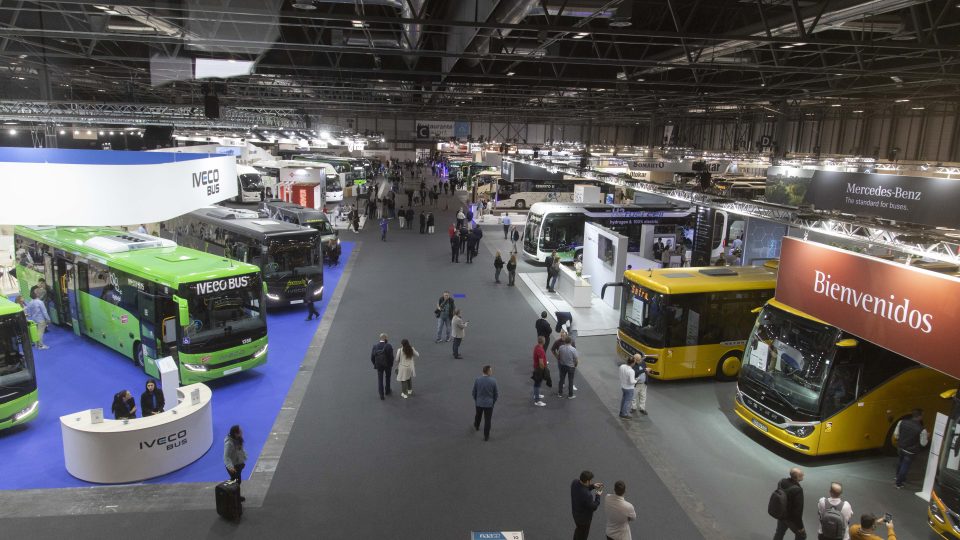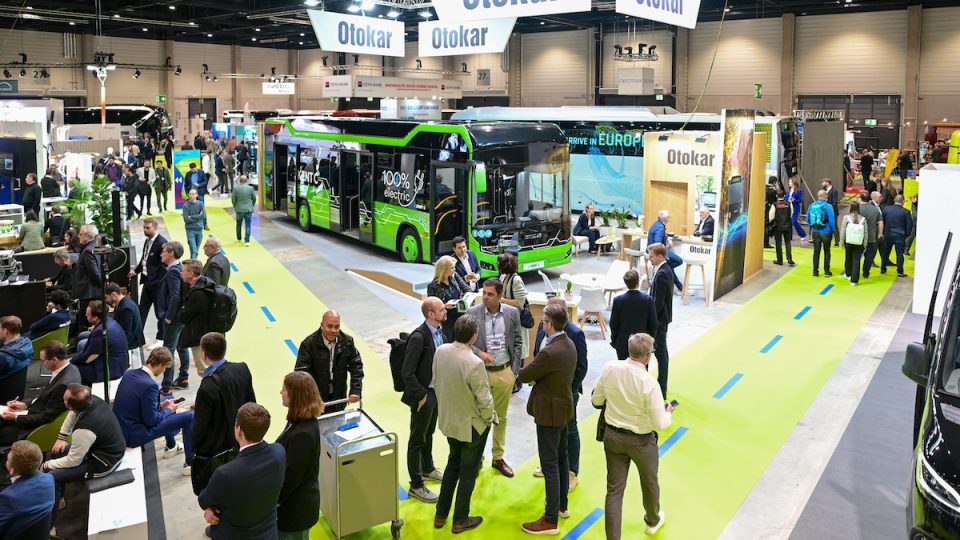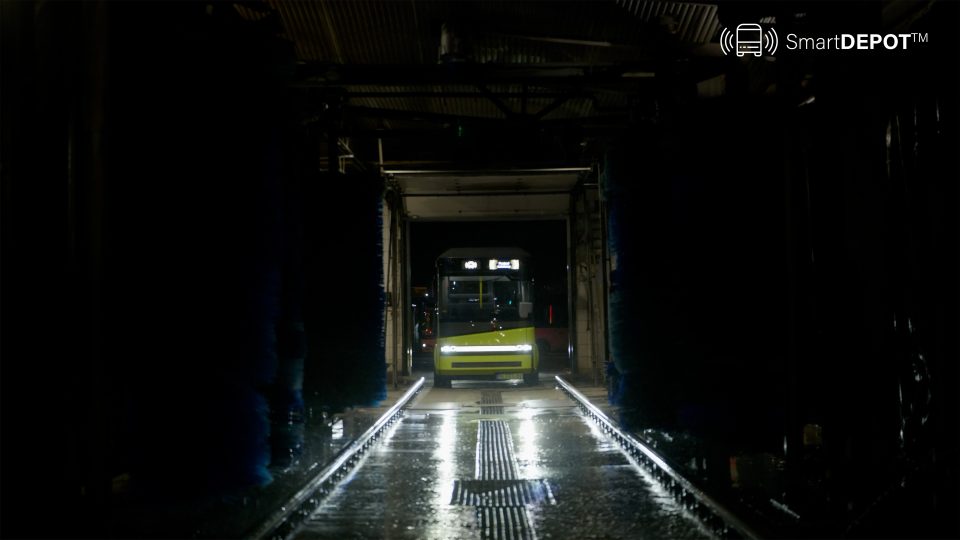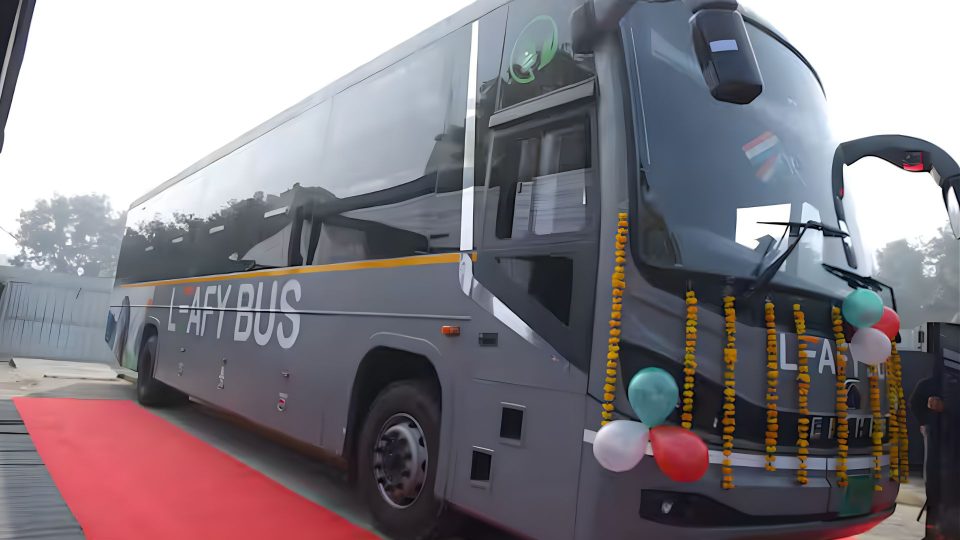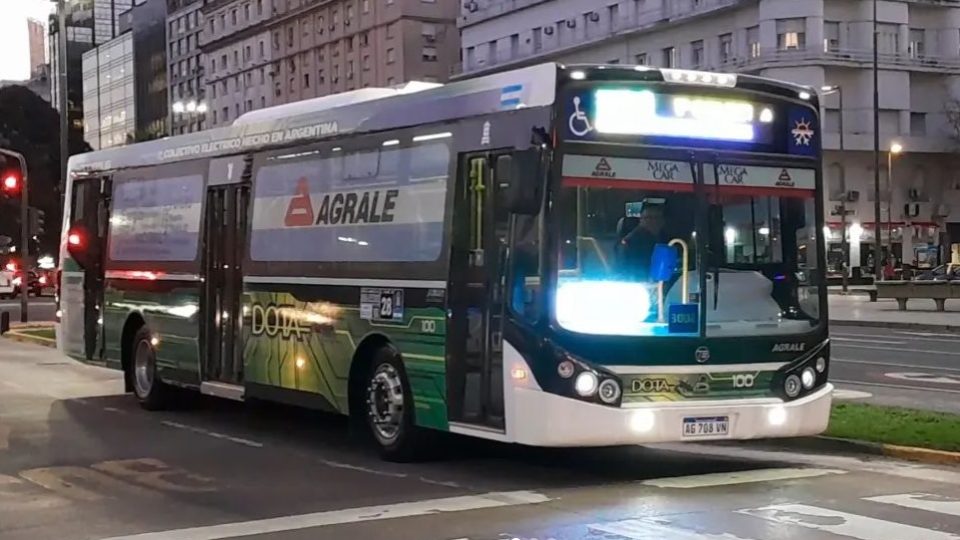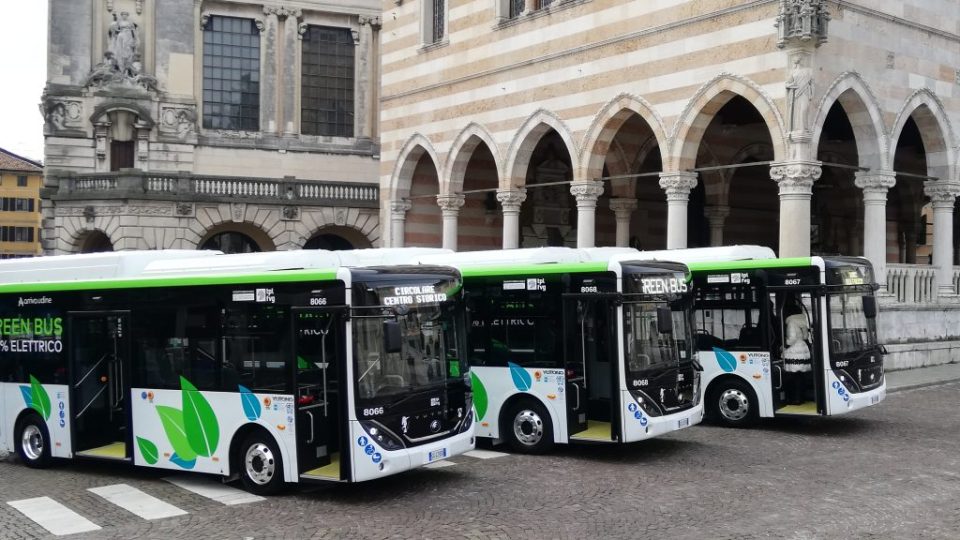The largest order for eCitaro: 56 to be delivered in Wiesbaden. 41 with solid-state batteries
It is the largest order so far for the battery electric bus by Daimler. 56 units of Mercedes eCitaro will be supplied to the public transport company ESWE Verkehrsgesellschaft mbH from Wiesbaden (Germany’s Hesse region). 41 of them will be equipped with solid state batteries. The former largest contract for the Mercedes eCitaro was the […]
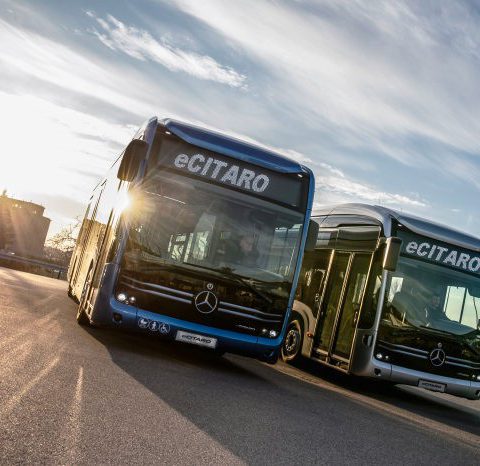
It is the largest order so far for the battery electric bus by Daimler. 56 units of Mercedes eCitaro will be supplied to the public transport company ESWE Verkehrsgesellschaft mbH from Wiesbaden (Germany’s Hesse region). 41 of them will be equipped with solid state batteries. The former largest contract for the Mercedes eCitaro was the one for 20 units for Hamburger Hochbahn (with first delivery in November 2018). Beyond Hamburg, two cities so far ordered (and took over the first units) of Mercedes eCitaro: Berlin and Heidelberg,
Mercedes won’t just deliver electric buses to ESWE: it will also takes care of the adaptation of the service yard, the equipment and setting up of charging infrastructure, as well as the charging management process itself. With this commission, the city of Wiesbaden is switching a fifth of its bus fleet to electromobility within a short period of time.
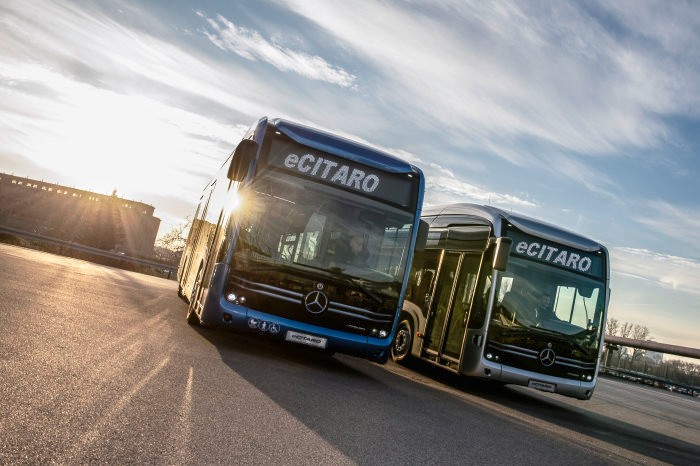
10 eCitaro to be delivered by the end of 2019
The state capital of Hesse will receive the first ten eCitaro buses from the order this year, while the remaining buses will be delivered in 2020. The first 15 eCitaro for Wiesbaden will be equipped with current-generation lithium-ion batteries (NMC). Each eCitaro is equipped with twelve battery packs with a total capacity of 292 kWh, the maximum available to date on the vehicle (a specification ordered for the first time by VHH Hamburg a few days ago). All 56 buses are charged by plug in the depot.
Solid-state batteries for 41 eCitaro
The remaining 41 eCitaro will be equipped with solid-state batteries (a technology supplied by French company Bolloré Blue Solutions) Daimler points out in a press release. Solid-state batteries have a very high energy density. In this case, according to Daimler, seven battery packs are sufficient in order to provide a battery capacity of 441 kWh. Even in winter when faced with the difficult demands of using all-electric heating, the eCitaro equipped with solid-state battery will cover more than 200 km according to the SORT 2 testing method, Daimler states.
Mercedes eCitaro, the roadmap
Since the development of battery technology is progressing at a rapid pace, the eCitaro is already designed to be transitioned to the future battery technology, has been ensured by Mercedes. The next generation of the eCitaro will be able to cover, from 2020, around 50 percent of all applications, thanks to the second generation of Nmc batteries. And in the same year 2020 the so called solid-state batteries will be introduced: they are characterised by a particularly long service life as well as high energy density. With a rated battery capacity of about 400 kWh in the solo bus and even more in the articulated bus, the eCitaro will then meet about 70 percent of all requirements without opportunity charging.
Mercedes to provide also infrastructure
Mercedes will supply the complete system including the construction measures for the infrastructure – a first in Germany. In this context, the existing depot will be reorganised, modified and successively equipped with charging stations for the buses. Planned tasks even include building the transformer station for converting medium-voltage to low-voltage electricity as well as the installation of cables on the site.
Charging management provided by Daimler – IVU
Charging management is also part of the order. It will be realised together with the Berlin-based partner company IVU Traffic Technologies. First of all, this involves assigning each bus a defined charging point upon arrival at the depot. Smart charging management ensures that all buses are charged with the necessary amount of electricity for their next trip. This also includes preconditioning. Vehicle servicing for ESWE’s eCitaro buses will be carried out in co-operation with Taunus Auto Verkauf AG (TAV) located in the immediate vicinity.
CLICK HERE FOR THE ARTICLE
Daimler Buses invests in IVU and moves towards digital mobility solutions
ESWE, 20% of the bus fleet soon electrified
ESWE Verkehrsgesellschaft mbH operates Wiesbaden’s local public transport and has a fleet of 271 buses. With 41 bus lines, its buses transport nearly 60 million passengers a year. Of its roughly 1100 employees, two thirds work in the transport service. With the introduction of the eCitaro, ESWE is putting an ambitious plan into effect: within just one year, the company is changing a fifth of its bus fleet to fully electric vehicles. ESWE Verkehr and the city of Wiesbaden have set themselves the ambitious goal of realising the vision of emission-free local transport as the first city in Germany.
Wiesbaden towards emission-free local transport
Ulrich Bastert, Head of Marketing, Sales and Customer Services at Daimler Buses: “Due to its outstanding features, the new eCitaro has won through in no time. Wiesbaden’s invitation to tender however also shows the systemic challenges involved in the introduction of e-mobility, which we are happy to play a part in. Using the example of Wiesbaden, we want to gain a full and detailed understanding of introducing e-mobility in all of its multiple aspects in order to derive new ideas on how to optimise the overall system. But particularly due to limited capacity, this is going to remain an exception at least for the foreseeable future.”
Frank Gäfgen, Managing Director at ESWE: “We are now starting to realise our vision of emission-free driving in Wiesbaden’s public transport. And in this regard, we want to take the lead in Germany.”

